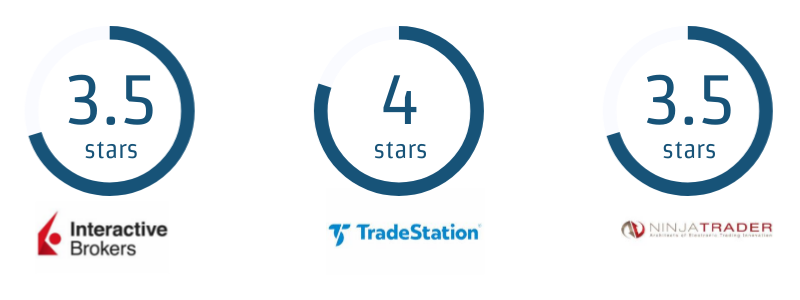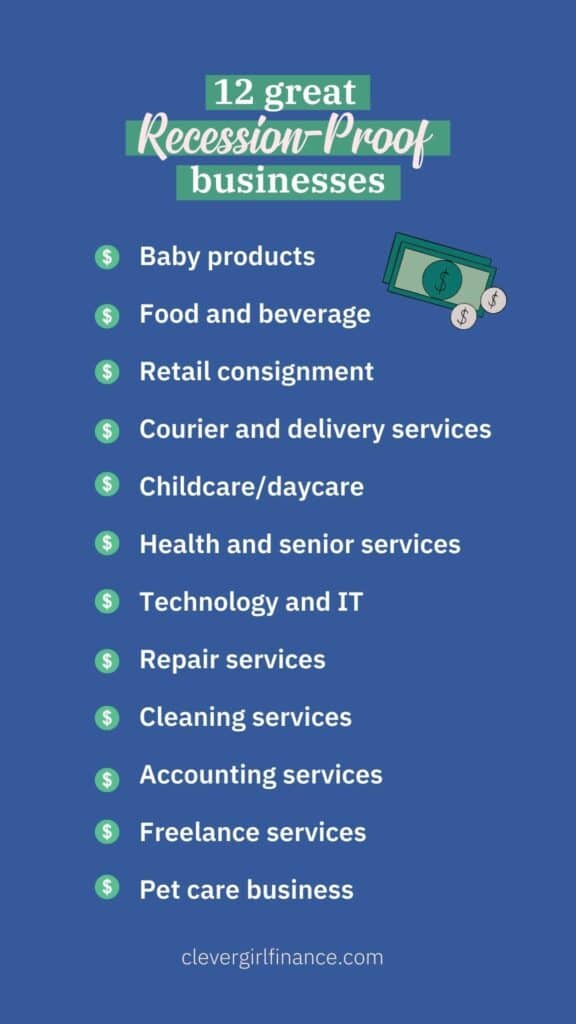
Forex traders should have a thorough understanding of the terms that are used in the Forex market. The Forex definitions help the trader to communicate more effectively and become more knowledgeable about the currency market. The more familiar the trader is with the language used in Forex, the faster they will learn the market and the better their chances will be at being successful in the market.
Forex uses hundreds of terms to describe financial events and market movements. Many of these terms may not be very clear and are therefore easy to comprehend. The Forex definitions can be confusing for beginners traders. It is important to understand the basics of the Forex market before diving into a more technical trading strategy. Having a good Forex glossary will help you to increase your trading vocabulary and improve your confidence.
Leverage, the most used term in Forex, is probably the most well-known. This is the type of credit that brokers provide to their customers in order to allow them to have a larger market share. Leverage is typically expressed as a ratio. For example, 50:1 leverage can mean you can have a position that is fifty times larger then your initial deposit. A broker's willingness or inability to purchase or sell the base currency can be considered leverage.

A currency couple is a pair that consists of two currencies. They can be traded in the Forex markets. For each currency pair, there are two price quotes. The ask price is the asking price. The difference between the bid and ask price is called the spread. Spread is often expressed as pips.
There are three main types of lots that are common in Forex. These lots vary in size. For example, a standard lot is equal to $100,000 of one currency, while a micro lot is equal to 1,000 of another currency. Minimum deposit requirement is the amount of money required to purchase a lot.
Margin is another term commonly used in Forex market. This is the percentage of your trading position. If you have a 1000-to-1 leverage, you can hold positions 1000 times greater than your initial deposit.
Forex refers to the general economic climate in a country. This can have an effect on the market. If a country is in recession, the central bank might be more cautious with their monetary policy. Alternately, a country with a strong economy may have a central bank that is more hawkish.

G20 Meeting is a group composed of the heads of state from major nations. It meets regularly to discuss issues relating to international economics. Heads of state are invited to attend the meeting. While this meeting cannot be used to predict market movements, it can be used to help determine future market movements.
The Consumer Price Index, a financial term that measures the cost of consumer goods and services, is also used. This index is also useful in monitoring inflation. The consumer purchasing power drops when inflation rises.
FAQ
What are the advantages of investing through a mutual fund?
-
Low cost - buying shares directly from a company is expensive. It is cheaper to buy shares via a mutual fund.
-
Diversification is a feature of most mutual funds that includes a variety securities. If one type of security drops in value, others will rise.
-
Professional management - professional mangers ensure that the fund only holds securities that are compatible with its objectives.
-
Liquidity - mutual funds offer ready access to cash. You can withdraw your funds whenever you wish.
-
Tax efficiency: Mutual funds are tax-efficient. Because mutual funds are tax efficient, you don’t have to worry much about capital gains or loss until you decide to sell your shares.
-
There are no transaction fees - there are no commissions for selling or buying shares.
-
Mutual funds are easy to use. All you need to start a mutual fund is a bank account.
-
Flexibility: You can easily change your holdings without incurring additional charges.
-
Access to information - you can check out what is happening inside the fund and how well it performs.
-
Investment advice - you can ask questions and get answers from the fund manager.
-
Security - You know exactly what type of security you have.
-
Control - You can have full control over the investment decisions made by the fund.
-
Portfolio tracking: You can track your portfolio's performance over time.
-
You can withdraw your money easily from the fund.
Investing through mutual funds has its disadvantages
-
Limited investment options - Not all possible investment opportunities are available in a mutual fund.
-
High expense ratio. The expenses associated with owning mutual fund shares include brokerage fees, administrative costs, and operating charges. These expenses will reduce your returns.
-
Lack of liquidity: Many mutual funds won't take deposits. They can only be bought with cash. This limits the amount that you can put into investments.
-
Poor customer service - There is no single point where customers can complain about mutual funds. Instead, contact the broker, administrator, or salesperson of the mutual fund.
-
Ridiculous - If the fund is insolvent, you may lose everything.
What is security in the stock exchange?
Security is an asset that generates income. Most common security type is shares in companies.
There are many types of securities that a company can issue, such as common stocks, preferred stocks and bonds.
The earnings per share (EPS), and the dividends paid by the company determine the value of a share.
A share is a piece of the business that you own and you have a claim to future profits. You receive money from the company if the dividend is paid.
You can sell shares at any moment.
What is a mutual fund?
Mutual funds consist of pools of money investing in securities. They allow diversification to ensure that all types are represented in the pool. This reduces risk.
Professional managers are responsible for managing mutual funds. They also make sure that the fund's investments are made correctly. Some funds offer investors the ability to manage their own portfolios.
Mutual funds are preferable to individual stocks for their simplicity and lower risk.
What is a Stock Exchange, and how does it work?
Companies can sell shares on a stock exchange. This allows investors to purchase shares in the company. The market sets the price of the share. The market usually determines the price of the share based on what people will pay for it.
The stock exchange also helps companies raise money from investors. Investors are willing to invest capital in order for companies to grow. This is done by purchasing shares in the company. Companies use their funds to fund projects and expand their business.
A stock exchange can have many different types of shares. Some of these shares are called ordinary shares. These are the most popular type of shares. Ordinary shares are bought and sold in the open market. Prices for shares are determined by supply/demand.
Preferred shares and debt securities are other types of shares. When dividends become due, preferred shares will be given preference over other shares. If a company issues bonds, they must repay them.
What is the difference of a broker versus a financial adviser?
Brokers are individuals who help people and businesses to buy and sell securities and other forms. They manage all paperwork.
Financial advisors are experts in the field of personal finances. They are experts in helping clients plan for retirement, prepare and meet financial goals.
Financial advisors can be employed by banks, financial companies, and other institutions. Or they may work independently as fee-only professionals.
If you want to start a career in the financial services industry, you should consider taking classes in finance, accounting, and marketing. Also, you'll need to learn about different types of investments.
How does Inflation affect the Stock Market?
Inflation can affect the stock market because investors have to pay more dollars each year for goods or services. As prices rise, stocks fall. It is important that you always purchase shares when they are at their lowest price.
Statistics
- For instance, an individual or entity that owns 100,000 shares of a company with one million outstanding shares would have a 10% ownership stake. (investopedia.com)
- US resident who opens a new IBKR Pro individual or joint account receives a 0.25% rate reduction on margin loans. (nerdwallet.com)
- The S&P 500 has grown about 10.5% per year since its establishment in the 1920s. (investopedia.com)
- "If all of your money's in one stock, you could potentially lose 50% of it overnight," Moore says. (nerdwallet.com)
External Links
How To
How to Invest in Stock Market Online
Stock investing is one way to make money on the stock market. There are many options for investing in stocks, such as mutual funds, exchange traded funds (ETFs), and hedge funds. Your investment strategy will depend on your financial goals, risk tolerance, investment style, knowledge of the market, and overall market knowledge.
Understanding the market is key to success in the stock market. This involves understanding the various types of investments, their risks, and the potential rewards. Once you understand your goals for your portfolio, you can look into which investment type would be best.
There are three types of investments available: equity, fixed-income, and options. Equity refers to ownership shares of companies. Fixed income refers debt instruments like bonds, treasury bill and other securities. Alternatives include commodities like currencies, real-estate, private equity, venture capital, and commodities. Each option has its pros and cons so you can decide which one suits you best.
You have two options once you decide what type of investment is right for you. One strategy is called "buy-and-hold." You purchase a portion of the security and don't let go until you die or retire. Diversification refers to buying multiple securities from different categories. If you buy 10% each of Apple, Microsoft and General Motors, then you can diversify into three different industries. Multiplying your investments will give you more exposure to many sectors of the economy. This helps you to avoid losses in one industry because you still have something in another.
Another key factor when choosing an investment is risk management. Risk management will allow you to manage volatility in the portfolio. If you are only willing to take on 1% risk, you can choose a low-risk investment fund. A higher-risk fund could be chosen if you're willing to accept a risk of 5%.
Learn how to manage money to be a successful investor. You need a plan to manage your money in the future. A plan should address your short-term and medium-term goals. It also needs to include retirement planning. That plan must be followed! Keep your eyes on the big picture and don't let the market fluctuations keep you from sticking to it. Stay true to your plan, and your wealth will grow.